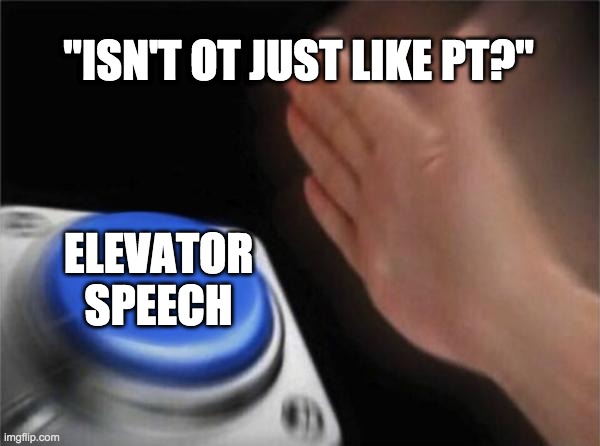I listened to the “OT’s Role in Diabetes Management” podcast. I chose to listen to this podcast because it’s something I’ve never learned or even thought about before, so I was interested to see exactly how OTs can help with management of type 2 diabetes. One thing that stuck out to me was the example they gave about an elderly man with heart disease and diabetes who has been labeled as “non-compliant” and a “frequent flyer.” As the OTs dive into the situation with a holistic approach, they find out that this man is the primary caregiver for his wife who has dementia. He has no family to help, so he drives himself to run errands despite his peripheral neuropathy. So, a lot of his so called “non-compliance” is really just that he needs help with his scheduling in order to manage his condition better or he needs more education in regards to taking his meds. This just reiterates how important it is to have a holistic approach and learn about a client’s daily routine.
It is important to educate and teach rather than scaring and giving consequences with bad things that could happen. Time management, goal setting, and prioritizing are all ways that OTs can help a client manage their diabetes. We can also help with ways to incorporate healthy food routines. As an OT, communication with other staff on your client’s case is important if you want to recommend something but do not feel like it’s in your scope of practice. I learned that OTs can even help with accessibility to options for transportation. These are just some of the multiple ways OTs can impact the lives of those with type 2 diabetes. Before I listened to this podcast, I thought “what can OTs even do in regards to diabetes?” I loved listening and once again learning how much OTs can do!

